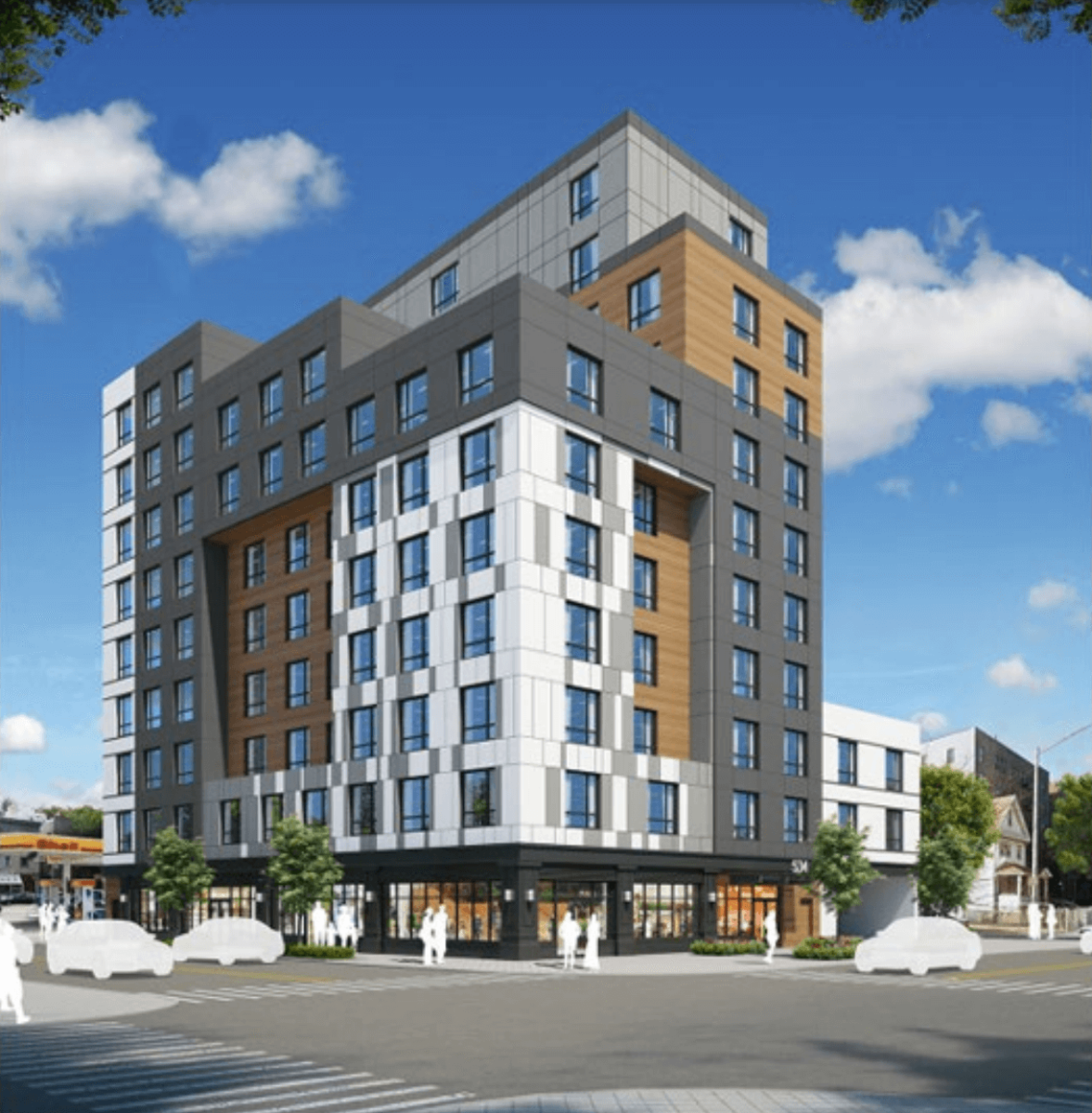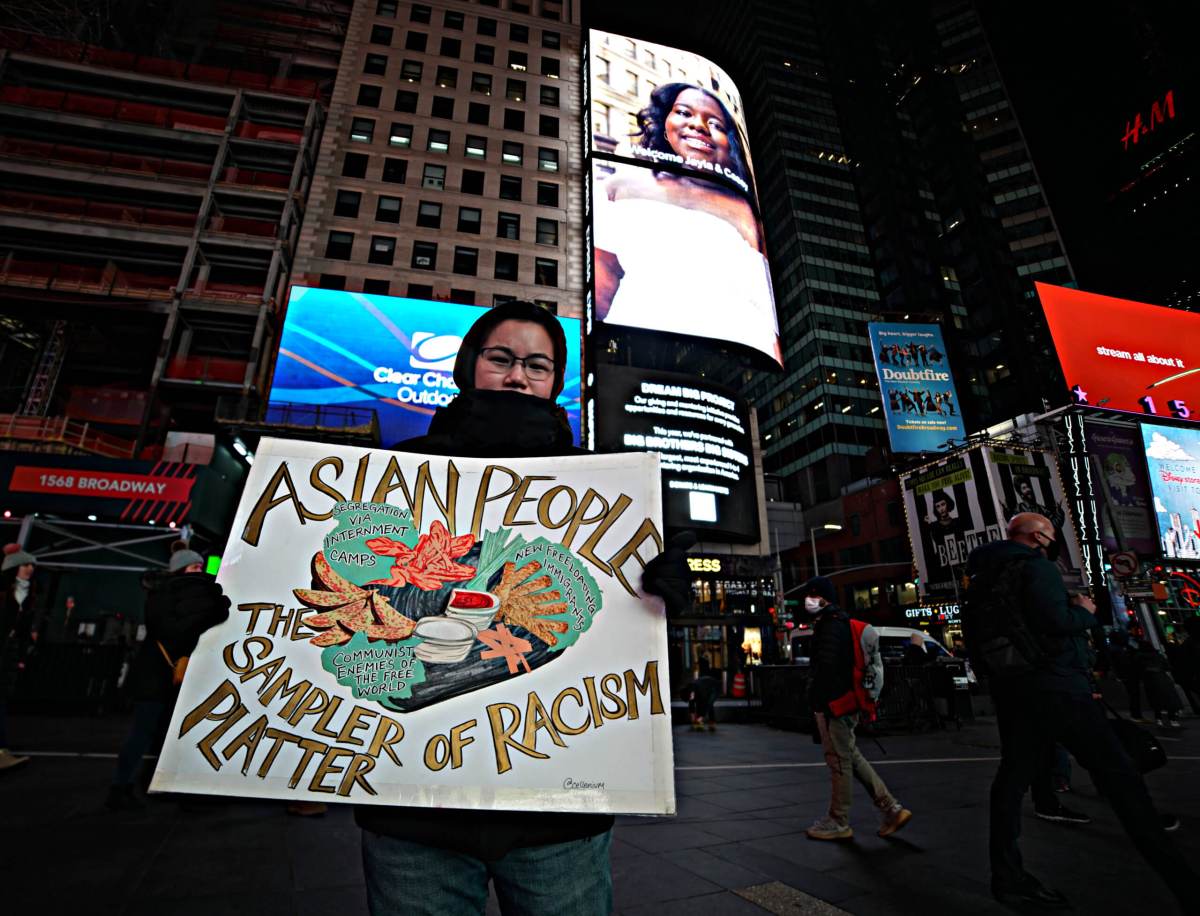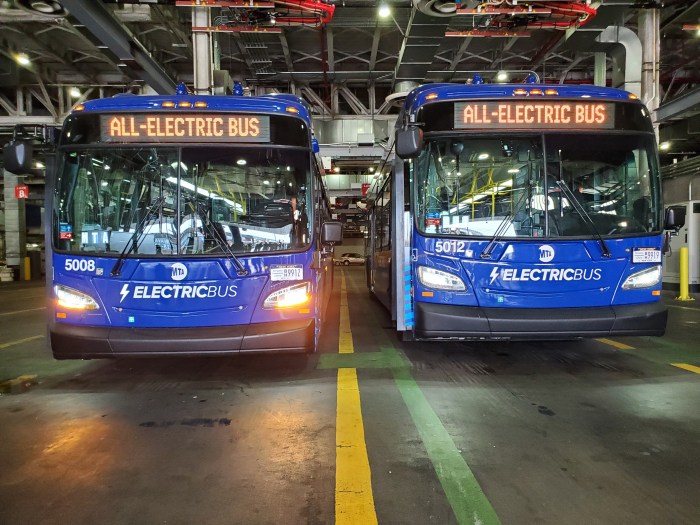It is no secret that housing in New York City is difficult to find. The city is a victim of its own economic success; the five boroughs have added only 19% as many new homes as jobs between 2010-2018 — creating a market in which high-earners win in a competition for scarce vacancies. That is why we must urgently seize every new opportunity to add new units to the market, such as the proposal for 534 Coney Island Ave. in Kensington, Brooklyn.
As a rent-stabilized tenant in the neighborhood, and a member of Open New York, which advocates for new housing in high-opportunity areas citywide, I am heartened to see a reasonable proposal to build 43 new units of housing — 11 permanently affordable — on a site that currently is home to a KFC. While such a small project might hardly seem worthy of a public debate, it is a prime example of the kind of smart growth we must wholeheartedly embrace and replicate to ensure our neighbors have a roof over their heads. I would take 11 units of permanently affordable housing over 11 herbs and spices any day of the week.
New Yorkers watch out for one another. But there is a concerning trend on the rise in today’s politics: individuals’ support of laudable proposals like affordable housing often ends the moment they perceive that its implementation will be impactful, or even visible, to them. In the case of this modest rezoning, opponents contest that shadows, parking spots, and the height of adjacent buildings preclude four dozen safe and comfortable homes from being built on this site, which is within walking distance of three subway lines and two new schools.
As reported in the New York Times, the current zoning code would not allow 40% of existing buildings in Manhattan to be built today. Zoning is just one of many tools to create livable cities, and should not be taken as irrefutable gospel; we can change and simplify it to suit contemporary needs like housing affordability. “Neighborhood character” is more than just the shape and size of the buildings; it’s how welcoming, hospitable, and community-oriented a place is.
The authors of “Neighborhood Defenders: Participatory Politics and America’s Housing Crisis” note that public meetings on new housing often include primarily dissenters because wealthier folks who perceive adverse impacts to their home values have more free time to queue for public comment and that the would-be residents of the building, who would presumably support it, don’t know who they are yet. To demonstrate our support, my peers and I at Open New York have obtained more than 115 signatures in support of the proposal at 534 Coney Island Ave. Imagine that a family consisting of a delivery worker, nail salon employee, and their nine-year-old daughter could finally move out of a substandard basement apartment into a new two-bedroom unit costing only $1,201. They deserve an apartment in New York. We’re looking forward to the passage of this rezoning and are ready to welcome new residents to Kensington.


















